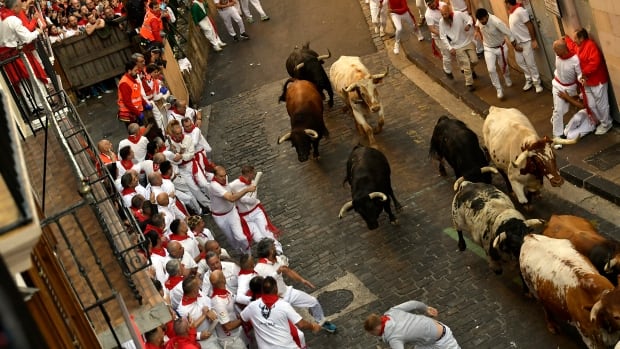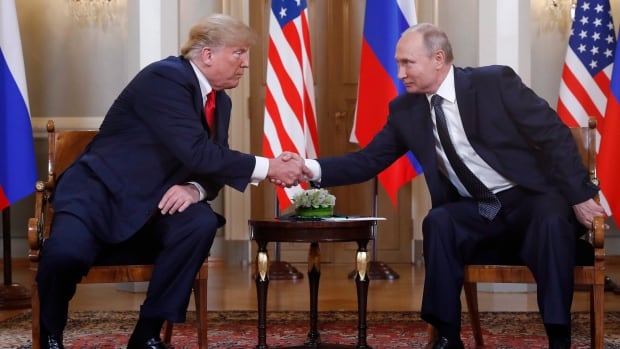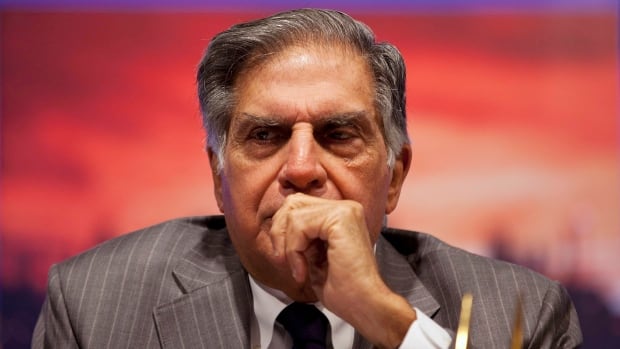Palestinian medics said on Monday that at least 10 people were killed and 30 injured by Israeli tank shells that hit a food distribution centre in northern Gaza’s Jabalia, with casualties including women and children.
The Israeli military said it was looking into the report. Medics said an Israeli drone had opened fire where dozens of residents had gathered to receive food.
Jabalia has been the focus of an Israeli military offensive for around 10 days. The military completed the encirclement of the historic refugee camp and has sent tanks into the nearby Beit Lahiya and Beit Hanoun towns, with the declared aim of stamping out Hamas fighters who are trying to regroup there.
The northern part of Gaza, home to well over half the territory’s 2.3 million people, was heavily bombed in the first phase of Israel’s assault on the territory, which began a year ago.
Hundreds of thousands of northern Gaza residents left their homes in the early months of the war, driven by Israeli evacuation orders and a military ground offensive in their areas, while around 400,000 people remained, according to United Nations estimates.
UN Secretary General António Guterres condemns the “large number of civilian casualties in the intensifying Israeli campaign in northern Gaza,” his spokesperson said on Monday.
“He strongly urges all parties to the conflict to comply with international humanitarian law and emphasizes that civilians must be respected and protected at all times,” Stephane Dujarric told reporters.
Hamas says bombardment preventing aid entry
But months after intense ground fighting there, Israel sent troops back to Jabalia to root out Hamas fighters it said were regrouping for more attacks.
The armed wings of Hamas and the Islamic Jihad said their fighters have been staging attacks against the Israeli forces with anti-tank rockets and mortar bombs.
With the Israeli military calling on Palestinians to evacuate south as they step up pressure on Hamas — and Hamas telling them not to leave because it was too risky — the past few days resemble earlier phases of the war.
“We have been hit from the air and the ground, non-stop for a week, they want us to leave, they want to punish us for refusing to leave our homes,” said Marwa, 26, who left with her family to a school in Gaza City.
People were afraid they would never be able to return if they head south, she said.
UN deputy spokesperson Farhan Haq says the main crossings into northern Gaza have been closed and no food or other essential supplies have entered since Oct. 1. More than 400,000 people who remain in the north are under increasing pressure to move south, he said.
Later on Monday, Hamas said Israel aimed to displace the people of northern Gaza by force through constant bombardment, and the blocking of aid, food and fuel.
“The international community should act against this war crime as the occupation is closing the territory and preventing the entry of relief goods and medication,” senior Hamas official Sami Abu Zuhri told Reuters.
“By doing so, it causes slow death, that is in addition to daily direct killings it has been conducting,” said Abu Zuhri.
The Israeli government agency COGAT (Coordination of Government Activities in the Territories) posted a video on X Monday showing trucks carrying humanitarian aid at the Erez crossing in the north.
“Thirty trucks entered northern Gaza through the Erez Crossing earlier today. Israel is not preventing the entry of humanitarian aid, with an emphasis on food, into Gaza,” the agency said in the post.
“Israel will continue to allow the entry of humanitarian aid to the residents of Gaza, while simultaneously destroying Hamas’s military and governance infrastructures,” it added.
Concerns Israel plans to empty Jabalia
Some residents also fear that Israel plans to empty Jabalia and possibly the entire northern area under a proposal floated by former Israeli generals, which calls for north Gaza to be cleared of civilians and remaining militants to be put under siege until they surrender.
Israel flatly denies such designs.
“We have not received a plan like that,” military spokesperson Nadav Shoshani told reporters. “We are making sure we’re getting civilians out of harm’s way while we operate against those terror cells in Jabalia,” he said.
The proposal’s main author, retired general Giora Eiland, said that his plan is meant to pressure Hamas to release hostages by ending its control of territory and aid, rather than sending Israeli forces in to battle its fighters.
“What they’re doing in Jabalia now is more of the same,” Eiland told Army Radio on Sunday. “My plan is not being implemented.”
Hundreds of Palestinian children in central Gaza were immunized with a second dose of the polio vaccine at the UNRWA Deir al-Balah health centre.
Nonetheless, the United Nations has described dire conditions affecting the civilian population remaining in Jabalia.
“Over 50,000 people have been displaced from the Jabalia area, which is cut off, while others remain stranded in their homes amid increased bombardment and fighting,” Muhannad Hadi, the UN’s humanitarian co-ordinator for the Palestinian territory, said on Sunday.
“The latest military operations in northern Gaza have forced the closure of water wells, bakeries, medical points and shelters, as well as the suspension of protection services, malnutrition treatment, and temporary learning spaces. At the same time, hospitals have seen an influx of trauma injuries.”
The Israeli military did not immediately comment.
2nd round of polio vaccine campaign begins
Last Friday, the United Nations voiced concerns that the fighting and the evacuation orders in northern Gaza might affect an ongoing polio vaccination campaign, which started its second phase on Monday.
Ahmed Abdel Ghafour took both of his daughters, who are under 10, to get immunized at the UNRWA Deir al-Balah Health Centre in central Gaza.
“This was a wish [for us], for vaccinations to be given to children to protect them from paralysis out of fear for illnesses and the spread of them,” Abdel Ghafour told CBC News.
Wanting to protect her child against polio, Ruba Abu Al-Khair was waiting to take her for her second dose. She received her first shot in July.
“As soon as they told us there is immunization against the paralysis of children [we went],” Al-Khair told CBC News.
UN officials are calling for a humanitarian pause in Gaza so a second round of polio vaccinations can go forward safely, after Palestinian medics said Israeli strikes on a hospital camp and school killed several people.
The first round of vaccinations was undertaken last month, after a baby was partially paralyzed by the Type 2 polio virus in August, the first such case in the territory in 25 years. The second round will begin in central Gaza areas, before moving to the south and later to the north.
“We succeeded in the first round — there’s no reason to think we won’t succeed in the second round,” said Sam Rose, senior deputy director of UNRWA affairs in Gaza.
“The only thing that will stop us succeeding in the second round is if the pauses that have been agreed do not hold, if we’re not able to reach the children or if the children are not able to reach us,” he told CBC News from Deir al-Balah Health Centre on Monday.
Israel launched the offensive against Hamas after its Oct. 7, 2023, attack on Israel, in which 1,200 people were killed and around 250 taken hostage to Gaza, according to Israeli tallies. More than 42,000 Palestinians have been reported killed in the offensive so far, according to the Gaza Health Ministry. Most of Gaza’s 2.3 million people have been displaced and much of the enclave has been laid to waste.






